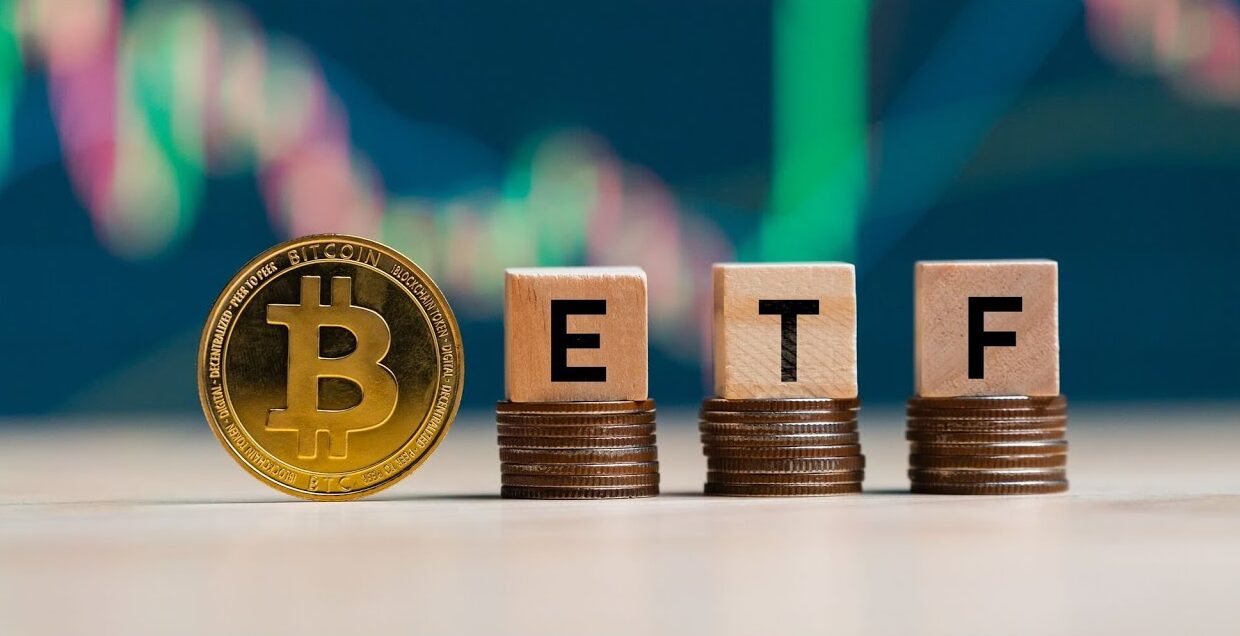Corporate Bitcoin adoption, advising senior executive boldly predicts that one in four S&P 500 corporations may have Bitcoin on their balance sheets by 2030. If this prediction comes true, corporate treasury policies will radically change, and Bitcoin will become a mainstream reserve asset next to gold and cash. Speaking anonymously because of corporate policy, the executive listed three leading causes of this trend. Companies are looking for other sources of value as steady inflation degrades cash reserves.
The SEC’s approval of spot Bitcoin ETFs has made BTC a legitimate investable asset. Companies like MicroStrategy (owning 214,000 BTC) have shown how well Bitcoin might beat more conventional assets. Should this estimate come true, 125 S&P 500 companies—up from a small number now—could set aside some of their treasuries for Bitcoin in six years. With some analysts speculating about $500,000 per Bitcoin in extreme adoption scenarios, such a change would probably drive BTC’s price to unprecedented heights.
Corporate Bitcoin Strategy
No corporation has adopted Bitcoin more fervently than MicroStrategy, the enterprise software company turned Bitcoin holding vehicle. Under CEO Michael Saylor, the corporation has accumulated 214,000 BTC (worth more than $15 billion at current values) and keeps buying via loan offers and cash reserves. The success of MicroStrategy has encouraged other companies to replicate it. Tesla (briefly held $1.5B in BTC before selling some)
Block (Square) has $400M in BTC under treasury. Coinbase maintains $1B in crypto reserves, mainly Bitcoin. Saylor has repeatedly maintained that Bitcoin is better than cash because of its fixed quantity and deflationary character. Thanks to his advocacy, CFOs increasingly believe that keeping 1-5% of corporate money in Bitcoin will help guard against fiat devaluation.
Bitcoin ETF Adoption
The January 2024 introduction of spot Bitcoin ETFs (BlackRock’s IBIT and Fidelity’s FBTC) has made it simpler than ever for companies to acquire BTC exposure free from direct custody concerns. These ETFs today have more than $60 billion in assets, indicating strong institutional demand. Significant advantages for companies leveraging Bitcoin ETFs include regulatory compliance, a simple self-custody arrangement that suffices here.

Corporate Bitcoin adoption ETFs are sold and purchased much like stocks. They are treated as the conventional security for financial reporting and accounting simplicity. Like gold ETFs, which helped open the path for physical bullion investments, some analysts believe S&P 500 companies will rely more on ETFs as a stepping stone before switching to direct Bitcoin ownership.
Corporate Bitcoin Hurdles
Though increasing interest, many obstacles could delay corporate Bitcoin acceptance: Regulatory Uncertainty. The SEC’s view of cryptocurrencies is still erratic. Volatility Risks: CFOs get uneasy about Bitcoin’s price swings. Tax and Accounting Complexity: GAAP guidelines view Bitcoin as an intangible asset, which results in impairment costs. Further discouraging some companies could be shareholder resistance. Critics of Tesla’s 2022 Bitcoin sales accused Elon Musk of playing with company money. Such worries could prevent more conservative boards from adopting Bitcoin.
Demand shock may be significant if 25% of S&P 500 companies commit just 1% of their cash reserves to Bitcoin. Think of: Total cash reserves of the S&P 500 surpass $4 trillion. A 1% share would translate to roughly $40 billion going into Bitcoin. The limited supply of Bitcoin (21 million maximum) could cause prices to soar significantly. Ten thousand times ten thousand, or ten thousand∗∗. Should corporate adoption quicken, 100K Bitcoin might become a floor rather than a ceiling.
Bitcoin Adoption Factors
For this prediction to materialize, several events must happen: More precise SEC Guidance gives businesses hope that Bitcoin won’t be subject to abrupt legislative crackdowns, and enhanced Solutions for Custodial Maintenance. More companies will want institutional-grade storage choices. More Acceptance in Financial Reporting GAAP rule changes could make Bitcoin ownership more appealing. If these requirements are satisfied, Bitcoin may change from a speculative asset to a regular treasury reserve, permanently changing corporate finance.
Conclusion
Corporate Bitcoin adoption: Fidelity’s zero-fee policy. By combining conventional finance with the increasing demand for cryptocurrency investments, CryptoIRA signals a significant change in the retirement scene. Eliminating management costs and providing access to Bitcoin, Ethereum, and Litecoin helps Fidelity present itself as a pioneer in crypto-integrated retirement planning. This action draws younger, tech-savvy investors and forces rivals to adapt, indicating a more extensive adoption of digital assets in long-term wealth strategies.
Still, the future is unknown. Widespread acceptance may be hampered by regulatory scrutiny, market volatility, and financial adviser cynicism. Although Fidelity’s institutional support lends legitimacy, the changing legal environment might change how suited bitcoin is for retirement funds. One thing is clear: crypto is no longer a peripheral asset in retirement planning; it’s become an essential topic of discussion as investors balance the possibility for significant profits against the hazards.










